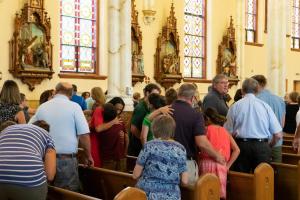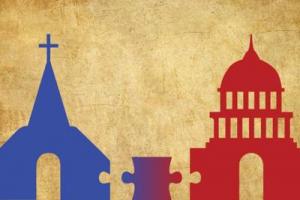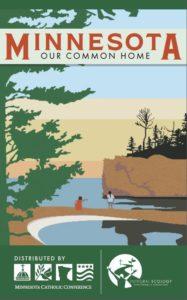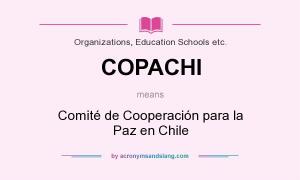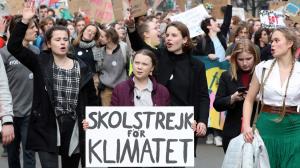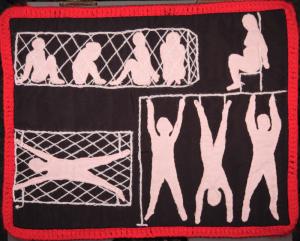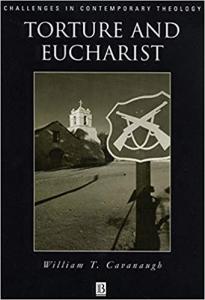One of my favorite images of the Church, from before the Second Vatican Council, is the Mystical Body of Christ. I was disappointed when the Second Vatican Council put People of God instead of Mystical Body in first place among its many images. But Church as Mystical Body gets some rough treatment in Cavanaugh’s fifth chapter. The Church, Cavanaugh says, is not a mystical presence behind the bodies in the real world. It is a bodily presence in that world, the True Body of Christ. On... Read more


